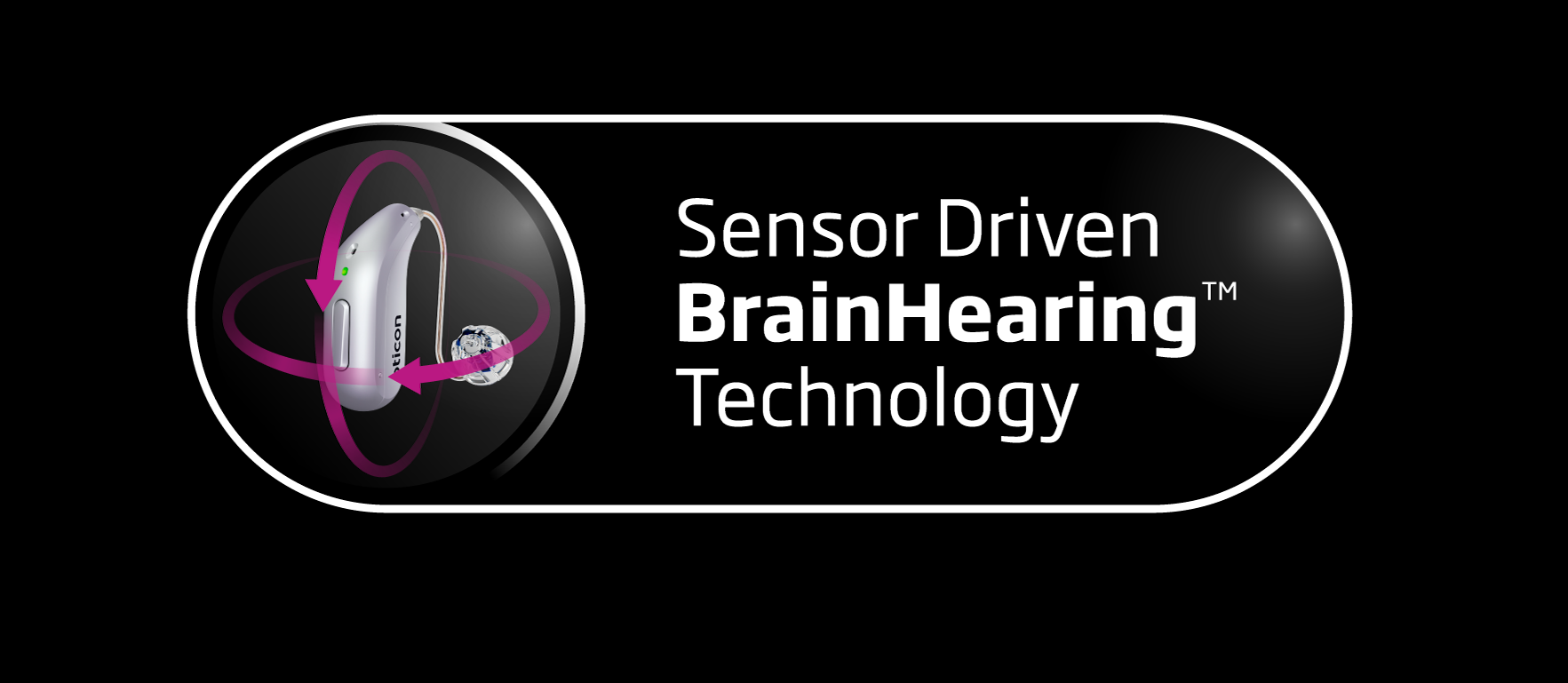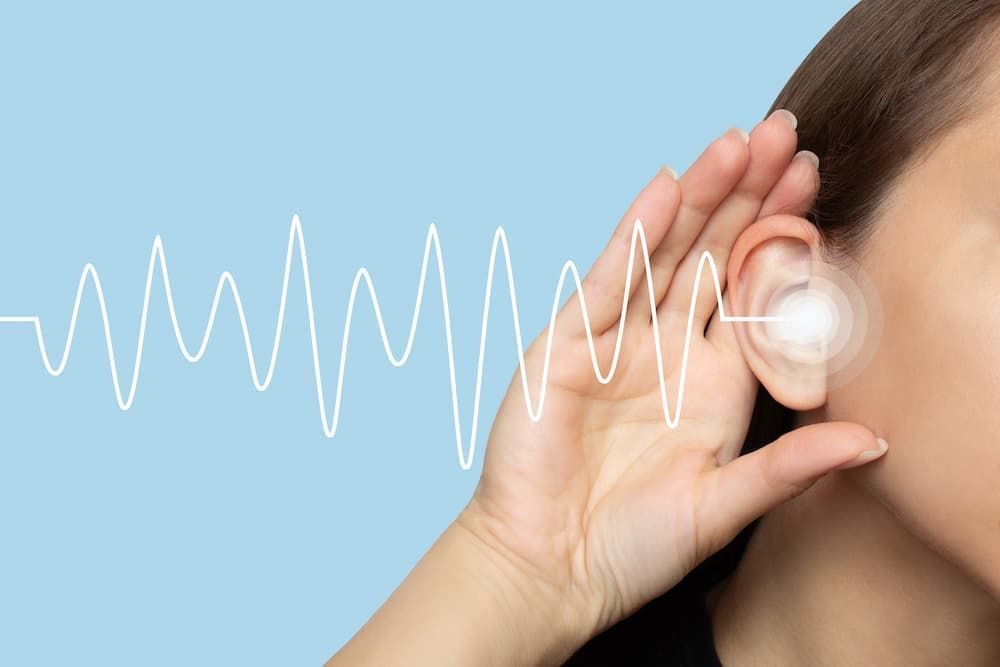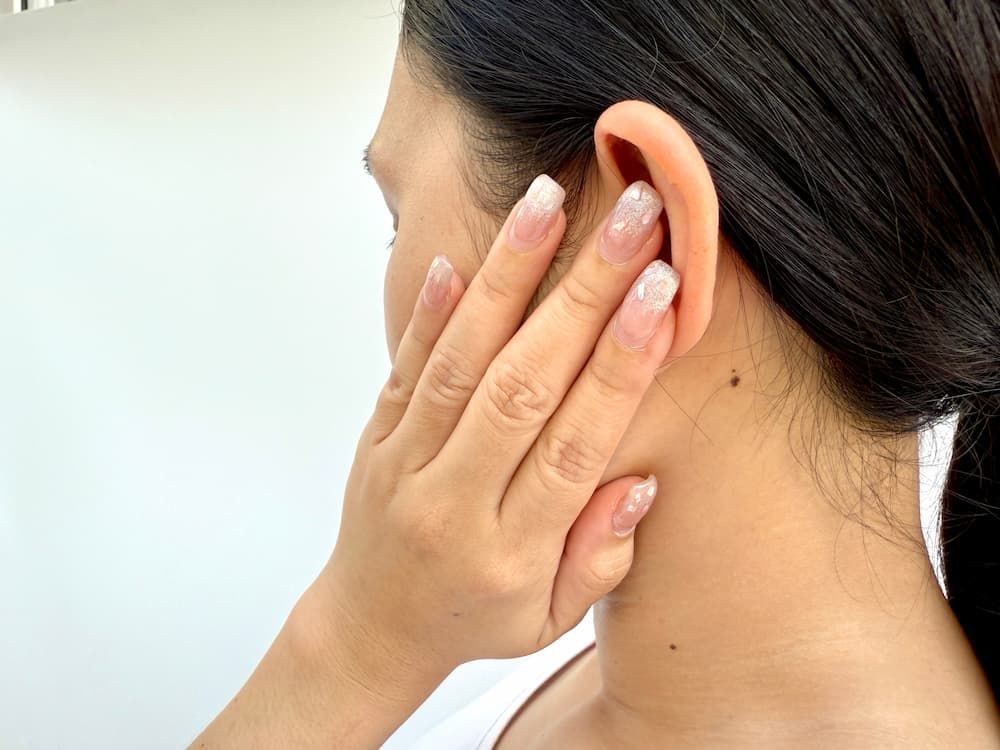How to talk to someone with a hearing problem

How to talk to someone with a hearing problem

Sometimes those who live or work with someone that's "hard of hearing" find it difficult to figure out the best way to communicate with someone who suffers from hearing loss.
Certainly hearing aids are the easiest remedy for those who suffer from loss of hearing, but sometimes cost can prohibit the purchase. Lipreading is an important skill for many people who have hearing loss. They are able to recognize the lip shapes, gestures and facial movements of someone when they speak. This helps them to communicate well. Next time you speak with someone with the loss of hearing, assist them to lipread the speaker in a variety of ways.
Here are some simple tips to help you to effectively communicate with them.
Speak slowly, clearly and loudly
It is important that the person understands the conversation. Speak slowly, naturally, and loudly - but NOT shouting or exaggerating mouth movements. Use simple words and short sentences. Repeat yourself if necessary, or rephrase it. Make sure that one person talks at a time. Shouting distorts the sound of speech and the person will find it difficult to understand. Pause to check if the person has understood what you said before you continue the conversation.
Remember that the person with the hearing loss is certainly aware of their condition, but can be tremendously frustrated about their situation. Speak to them in a mature way - after all, it's only their hearing that's affected, not their mental capacity.
Include them in a group and address them by their name
Reduce background noise
In a social gathering, find a quiet place to talk to help reduce background noise. It will be useful if you switch the TV or the music off when they come to visit. Some people with hearing loss may be very sensitive to loud sounds. You should be aware of this reduced tolerance and consequently avoid loud sounds.
Let the person see your expression
Make sure you are in a well-lighted area where the person can see your facial expression and gestures. This helps in better lipreading and understanding. Also, face the person and maintain eye contact. Remember, not to hide your mouth, eat, or chew gum while speaking. Beards and mustaches may act as barriers as well. Additionally, avoid talking from another room for the same reasons.
Be patient, stay positive and relaxed
If you are talking to someone who has loss of hearing, it is vital to make an effort by being patient and tolerant. If you relax and make the person feel relaxed, then it would help the person communicate better.
Familiarize the listener with the general topic of the conversation
If you change a topic without warning, it might confuse the person with hearing difficulty. Avoid sudden changes of topic and warn about the change. When you are in a group, it may help if you repeat the important points and information before you continue with the discussion.
Pay attention to the listener
Expression speaks a thousand words. If the person has a puzzled look, it may indicate misunderstanding. Be tactful and make sure the person has understood you, You may ask leading questions so you know your message got across.
Help them readjust their hearing
After a performance or a conference, allow the hearing-impaired person a few moments after the event is over to readjust their hearing. By either mentally or manually (changing the program on a hearing aid, for instance). They likely cannot hear you if you whisper to them in the middle of a performance as well.
Provide information in writing
Consider providing specific information like directions, phone number, work assignments in writing. You could talk them through the details and then provide the same thing in writing or drawings. That way, you would be sure that the person has the information. Alternatively, you could ask them to repeat the specifics back to you.
If you suffer from hearing loss, we would like to hear from you. Do you have any tips that would help us communicate better with you?

The information provided in this article is not meant to be medical advice and is for educational purposes only. If you would like to learn more about this and other hearing-related topics, feel free to contact Tinnitus & Hearing Center of Arizona by clicking here or by calling 480-831-6159 .











